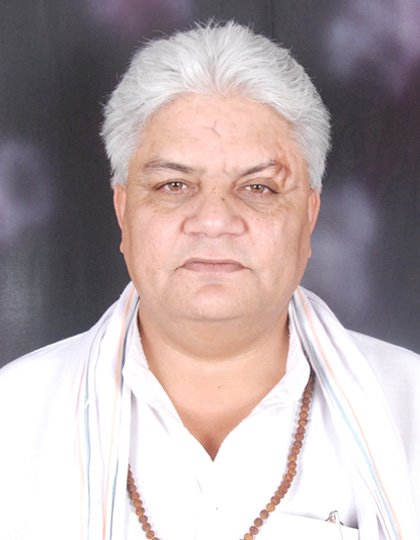New Delhi, April 19
Months after the union government cold shouldered the claim of Haryana to have its own independent high court, Haryana Chief Minister Bhupinder Singh Hooda today raised a fresh demand saying that it is the constitutional right of the state to have its own high court.
At present Punjab and Haryana have a common high court based in Chandigarh. Hooda made the fresh demand to Prime Minister Dr Manmohan Singh at the conference of Chief Ministers of states and Chief Justices of high courts.
The Chief Minister pointed out that even states created much after Haryana like Jharkhand, Chattisgarh and Uttarakhand have their own high courts.
Haryana could easily get its high court by bifurcating the existing premises in Chandigarh, the staff and the judges between Punjab and Haryana in the ratio of 60:40. He pointed out that the civil secretariat and the legislative building were already being shared by both Punjab and Haryana in the same ratio with each having their own entities since 1966.
With the establishment of a separate high court for Haryana, not only would the aspirations of the people of Haryana be met, but also the judicial system in the state would be further strengthened, claimed Hooda.
Hooda urged the central government to look into the aspect of the introduction of a shift system in courts to ensure speedy justice. There is presently some hesitation to introduce this. The state government was in the process of reviewing all existing state legislations and procedural codes to assess their present day relevance and efficacy and bring in necessary changes where required.
He said while realising the importance of modern, integrated infrastructure, Haryana had taken up the construction of modern judicial complexes in a big way. The state government was ensuring that no post of judicial officer was left vacant. The government had created 66 new posts during the last year.
He pointed out that the dangers and inconvenience of taking undertrials to courts for hearings was increasing day by day. Haryana had, therefore, embarked on an ambitious project of video conferencing, costing about Rs 8.24 crore.
The state’s plan was to link and have video conferencing facilities in 40 courts and 25 jails across the state and these were likely to be made operational within the next six months. In order to make video conferencing operational and legal, in the eyes of law, he said the Indian Evidence Act and the Criminal Procedure Code would have to be amended appropriately.
Hooda suggested that the Indian Evidence Act might be amended to make scientific evidence, as substantive evidence instead of opinion evidence.


No comments:
Post a Comment